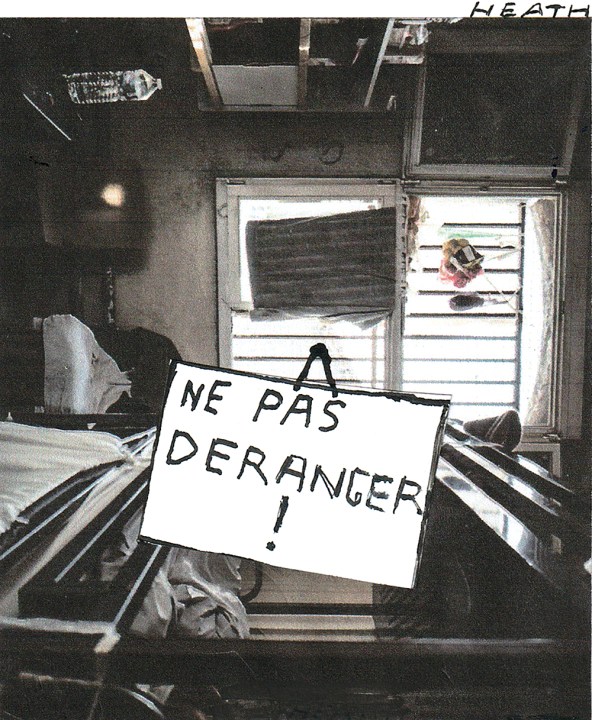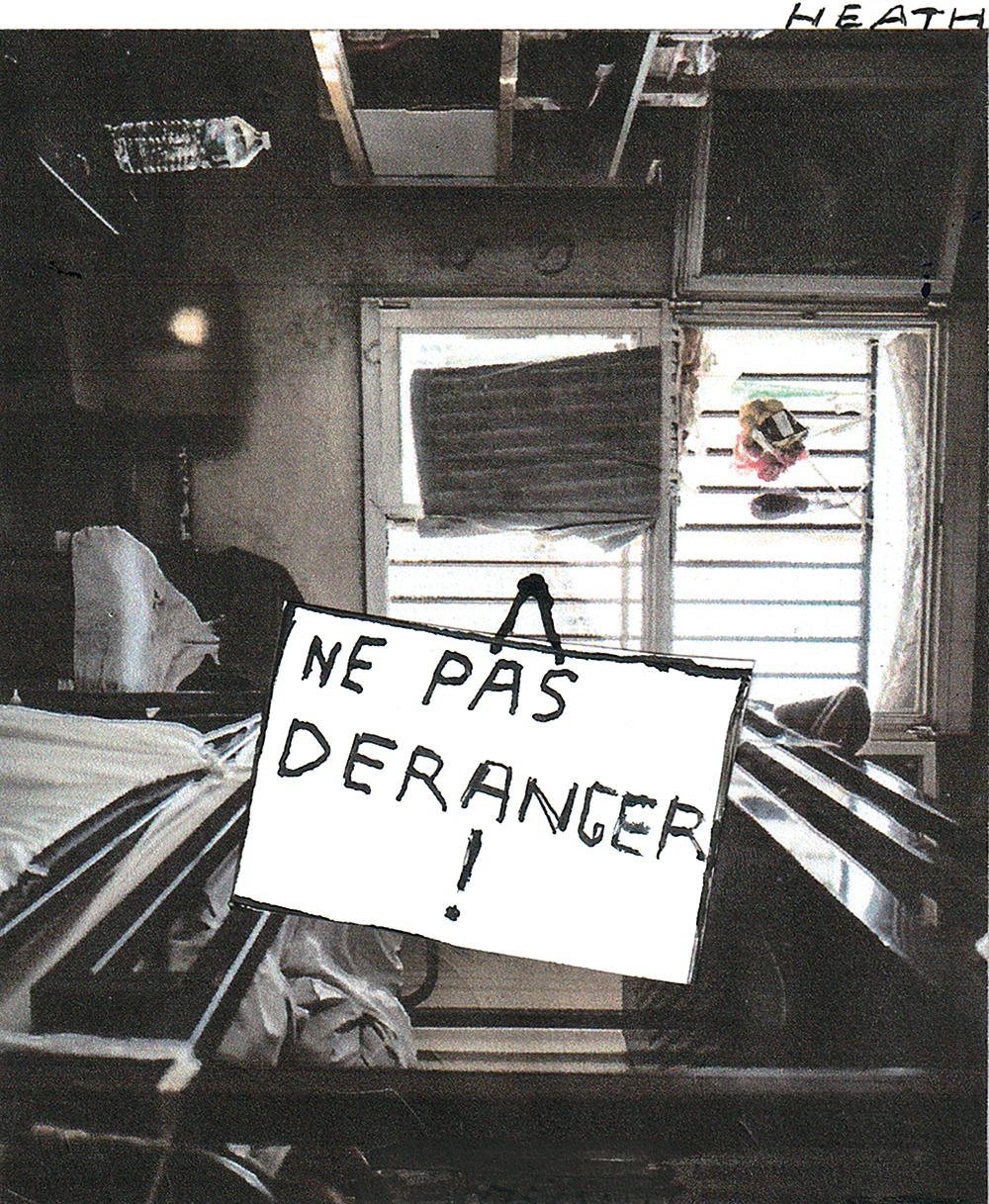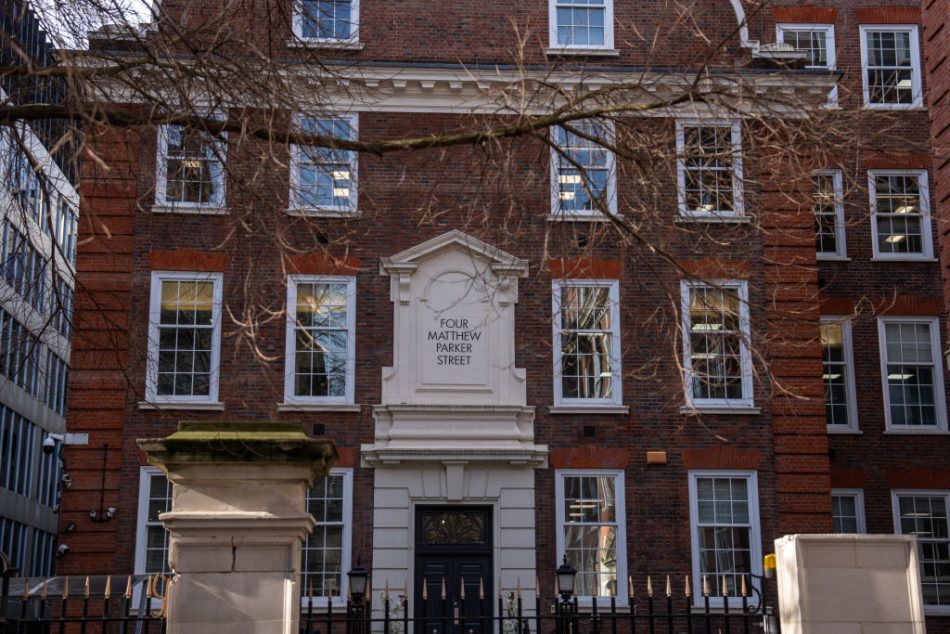
David Shipley has narrated this article for you to listen to.
Nicolas Sarkozy, former president of the French Republic, has been convicted and sentenced to five years for a ‘criminal conspiracy tied to alleged Libyan funding of his successful 2007 presidential campaign’. For those of us more familiar with Anglo-Saxon criminal law, there’s much to be confused by. France, like many ‘Napoleonic’ legal systems, draws no distinction between determining guilt and sentencing. Both are, of course, determined by the same magistrates or judges. As a result, French courts often hear defendants’ lawyers insist upon their client’s innocence with one breath, before saying that ‘should the judges find them guilty, their sentence should be light because…’.
This is all very bizarre to British ears. In our courts, sentencing is not discussed or considered at all until after a defendant has either pleaded or been found guilty. We would also expect a sentence to commence immediately on being handed down. Sarkozy walked free from court after his sentencing. This isn’t because he received any special treatment. Under the French system the judges who issue the sentence don’t actually decide how it will be served. So, on 13 October, Sarkozy will stand before a Juge d’application des peines, or JAP, who will decide where and when his sentence will be served.
Given Sarkozy’s sentence, prison is a certainty. What experience can he expect in French jails? I turned to ‘Bill’, a man I met when I was in prison. He’d also served a short sentence in a French jail. What he described to me was a crowded, tough environment, like ‘something from Napoleon’s time’, in which he shared a cell with three or more other men. Surely, even in an egalitarian republic, a former head of state would not suffer similar conditions?
It seems not. Bill was held in a maison d’arrêt, a local ‘remand centre’ for those serving short sentences. As the former president is high profile and potentially vulnerable, the JAP will work with prison officials to find an appropriate jail, something which does not happen in England, where even celebrity prisoners are sent to the same ‘reception’ jails as every other prisoner. The consensus in France is that Sarkozy will be sent to Prison de la Santé, a 158-year-old jail in Paris’s 14th arrondissement. Here he will almost certainly not be held alongside the general population of prisoners, but rather in le quartier vulnérable (QPV), which an English jail would call the ‘vulnerable prisoners wing’. At la Santé this is a small unit, housing just 19 prisoners, all in individual cells.
Cells are roughly twice the size of a similar cell in a British prison. Each has an individual shower as well
Compared with the typical British prison, these sound almost luxurious. At 10-12 square metres the cells are roughly twice the size of a similar cell in a UK jail. Each has an individual shower as well. No communal washing for Sarkozy. Other than being on the QPV, he will be treated like any other prisoner. Much of the ‘regime’ sounds similar to that I experienced in HMP Wandsworth. Three meals a day, special dietary requirements catered for, a canteen to order extras from and some opportunities to work or study. There is one, terribly French difference, though. Prisoners there are still allowed to smoke, a far cry from most British jails, where tobacco is valuable contraband and vaping is widespread.
During his sentence, Sarkozy will have much more chance of early release than under the English system. Nicola Padfield, emeritus professor of criminal and penal justice at the University of Cambridge, has the sense that the French ‘are keener to get people out the other end’, and that there is less of the risk-aversion we see around early release in this country.
Perhaps part of this is because of the continuity found in the French system. In France, a prisoner will be represented throughout their sentence by the same lawyer who represented them at their trial, and the JAPs are involved in release decisions too. When the professionals have known an inmate for years they may find it easier to decide whether or not they deserve release.
Padfield notes that when French parole judges come into a prison it’s a great event, and the whole parole system is ‘more respected as a process’. The system also offers ‘time off for good behaviour’, something which English jails haven’t offered for decades and which the forthcoming Sentencing Bill will move only very slightly towards.
In contrast, in France, even those serving life sentences can earn time off their minimum sentence by as much as six months for every year of good behaviour, according to Padfield. This offers young men serving lengthy sentences for murder the chance to earn their way out with some of their life left. There’s similar mercy available for older inmates like Sarkozy. At the age of 70 he will be an old prisoner, and is expected to apply immediately for early release based on his age. With luck, or a sympathetic Paris appeal court, Sarkozy might find he’s free next year. Failing that, he’ll have to hope the winner of the 2027 French presidential election exercises another Gallic judicial tradition and releases him under an amnesty.








Comments